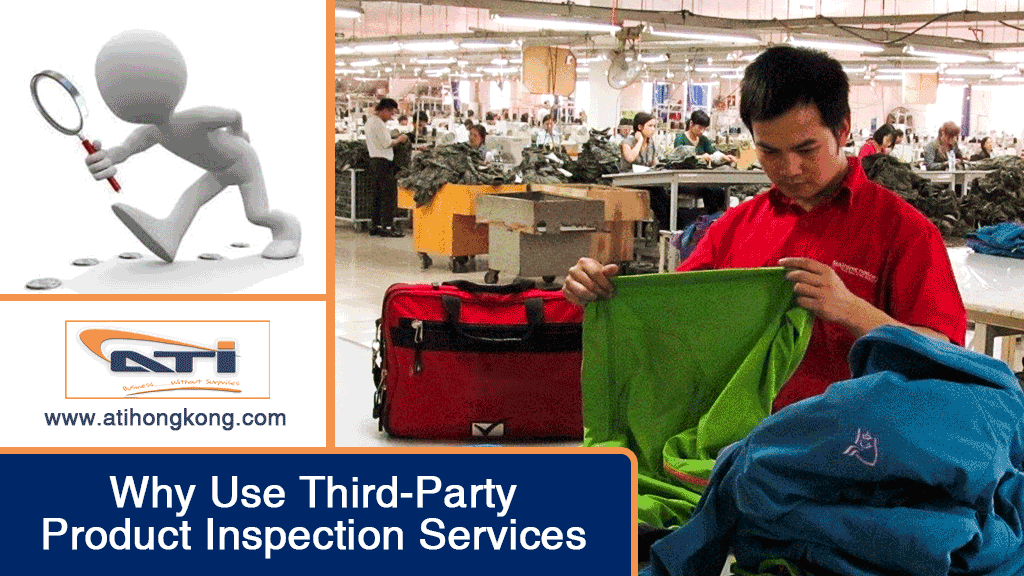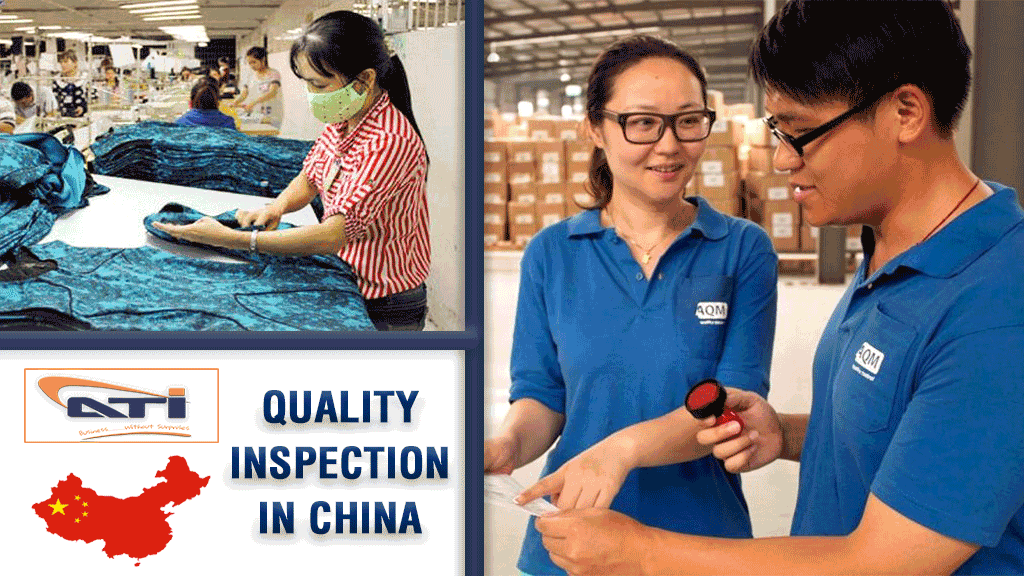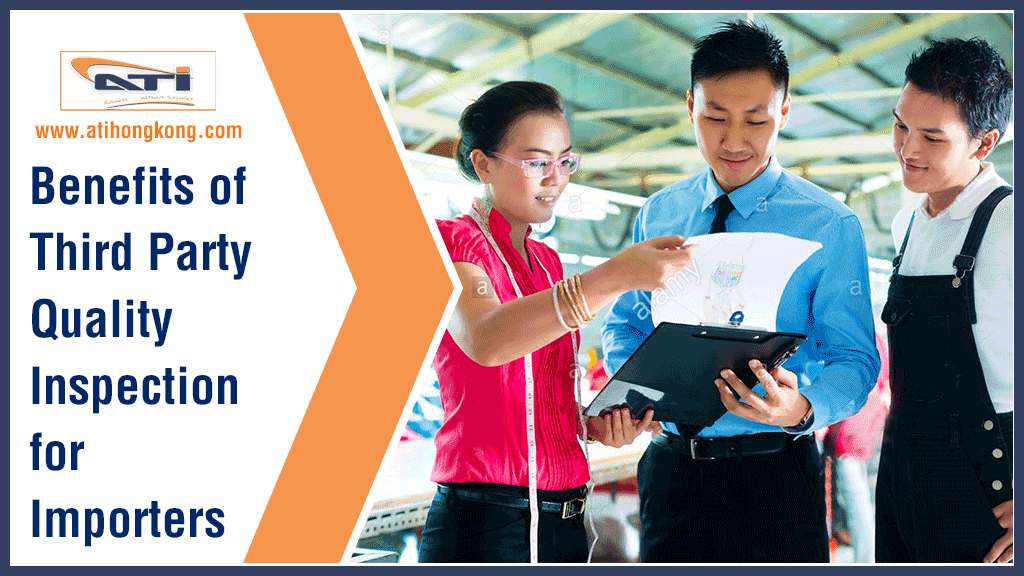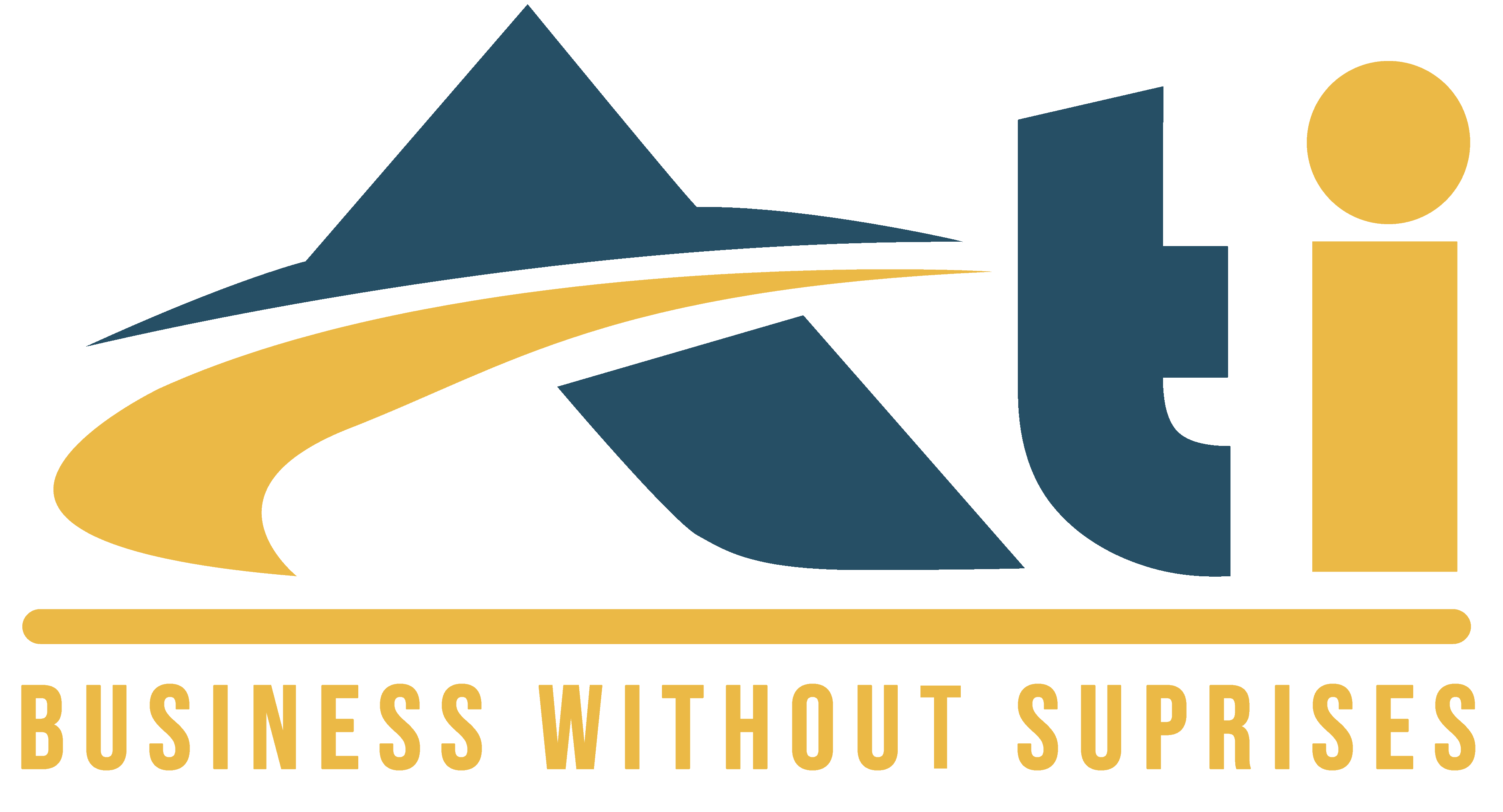
June 11, 2019
Why is quality control so important for importers? With the global market becoming increasingly competitive, businesses are struggling to make
Read More
August 16, 2018
Introduction to Asia Textile Inspection Third Party Inspection Services (TPI) is the most common and trustworthy mode of quality inspection.
Read More
July 4, 2018
Softline and hardline products come in a diverse range that has a variety of manufacturing and handling methods. To have
Read More

June 2, 2018
China has been one of the market leaders in Textile Industry and Quality Inspection in China is a major concern.
Read More

May 24, 2018
Third Party Inspection Third party inspection or TPI is common terms heard by suppliers and buyers. TPI is responsible for
Read More
May 21, 2018
What is Third-Party Product Inspection? Inspection is necessary for the product so that faulty components can be detected earlier and
Read More
May 5, 2018
Inspection means examining the products and processes in detail to find out any pertaining defects and flaws respectively. MIL-STD 105
Read More
April 14, 2018
What is Factory Audit A factory audit is a detailed analysis of factory performance regarding its capabilities to fulfill needs
Read More
April 7, 2018
Global Textile Industry Since clothing falls in the basic needs of human beings, therefore textile industry is one of the
Read More



